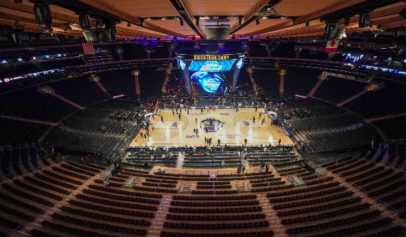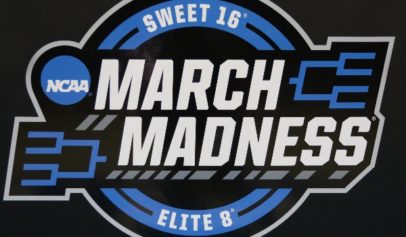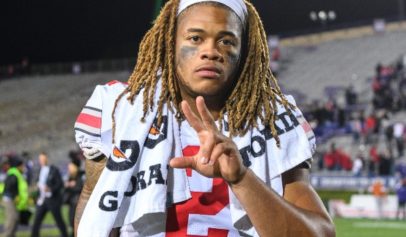The NCAA has gotten on board with California’s new law that allows college athletes to profit off their names, likenesses and images.
The top governing board of the NCAA recently voted unanimously for the change to take place, but each division in the organization is responsible for creating how they’ll implement it.
So for example, a student who plays Division I football may have more leeway than a Division III volleyball player when it comes to earning money off their name. But that remains to be seen.
The NCAA’s move is clearly an about-face from September, when California’s new law called the Fair Pay to Play Act was still a bill — before it was signed into law by Gov. Gavin Newsom last month.
Because at that time, NCAA President Mark Emmert and 21 of the 109-year-old organization’s board of governors, blasted the bill and said it would erase the line between collegiate and professional sports.
Now, however, they seem to be more open-minded about the change, but they still gave a set of rules for schools to follow.
One rule is to “Assure student-athletes are treated similarly to non-athlete students unless a compelling reason exists to differentiate.”
And to “Reaffirm that student-athletes are students first and not employees of the university.” Plus, “Ensure rules are transparent, focused and enforceable and facilitate fair and balanced competition.”
“We must embrace change to provide the best possible experience for college athletes,” said the Board of Governors chairman and president of Ohio State University Michael V. Drake in a press release. “Additional flexibility in this area can and must continue to support college sports as a part of higher education.”
Before the Fair Pay to Play Act became law, LeBron James was one of the people who fully supported it, and he had Newsom on his HBO show “The Shop” to sign the bill.


